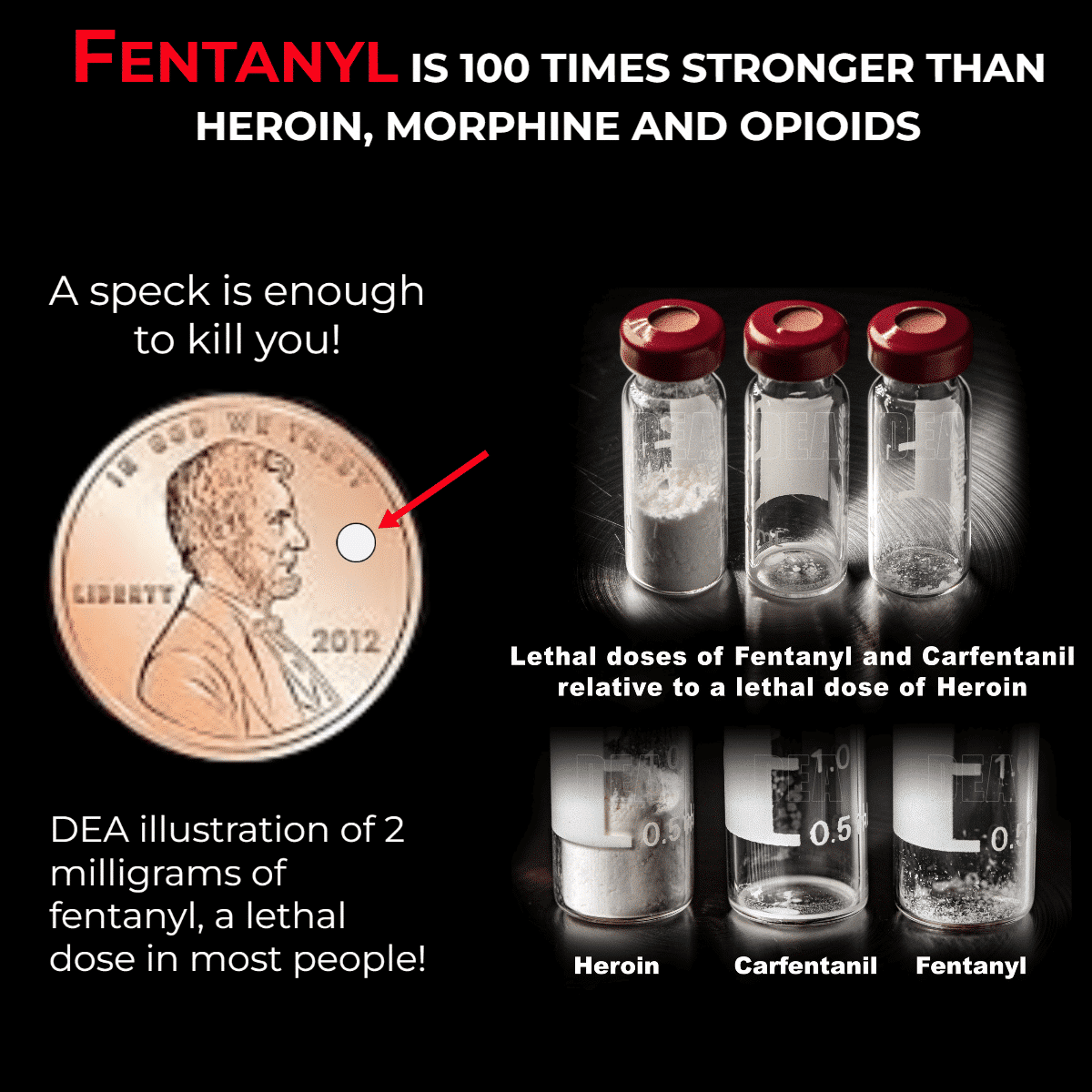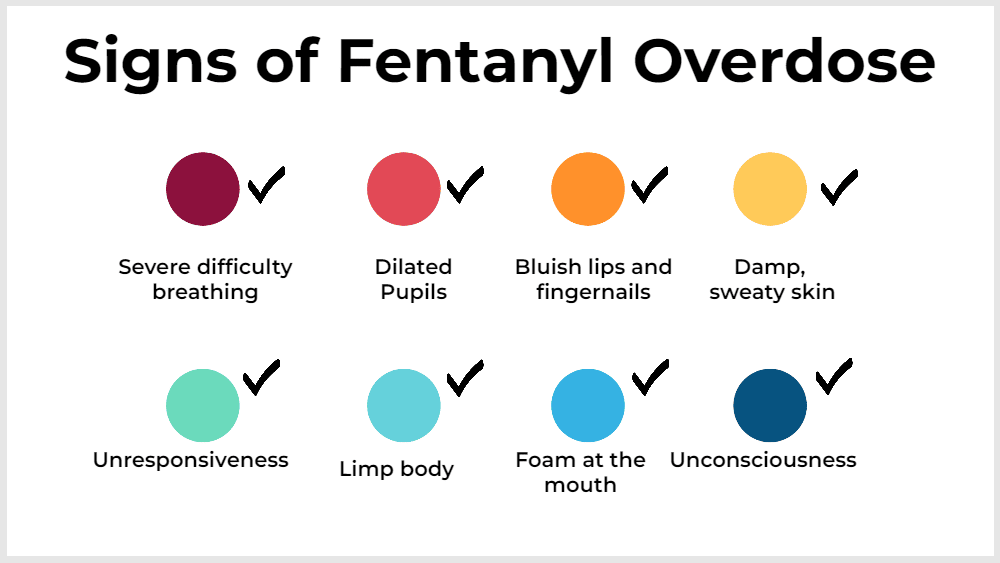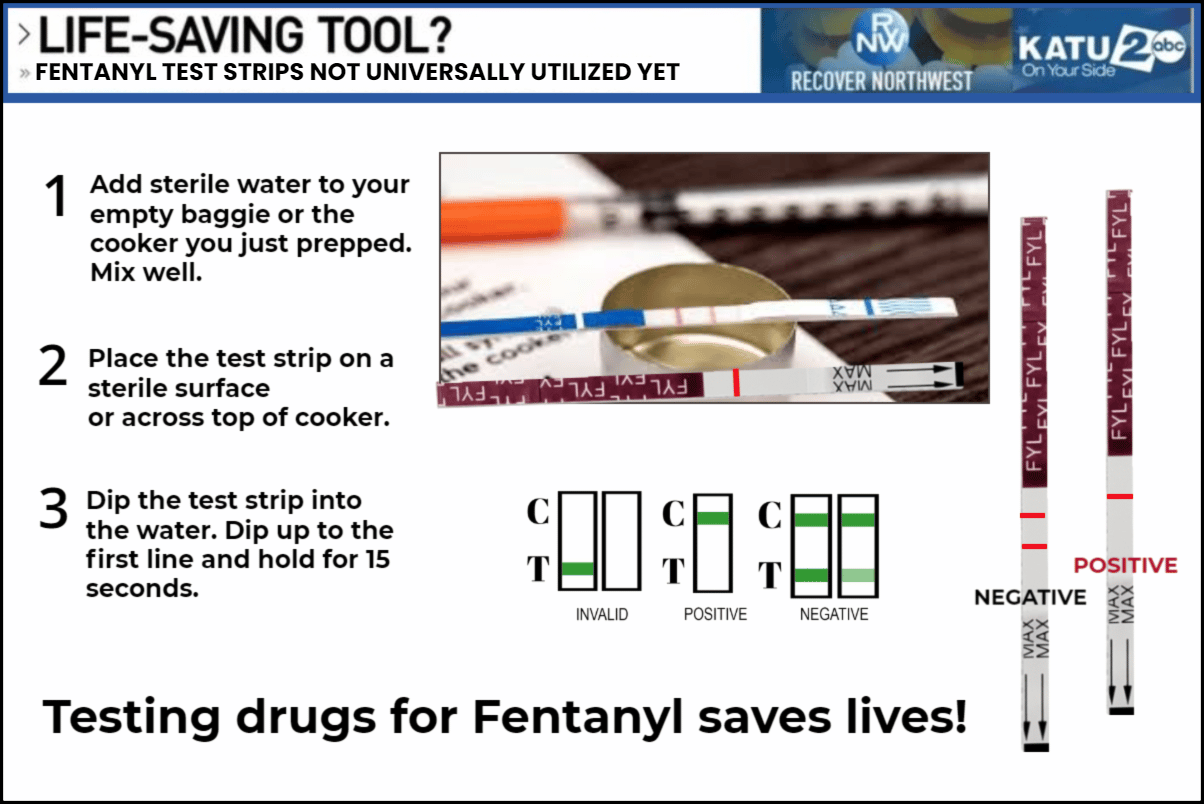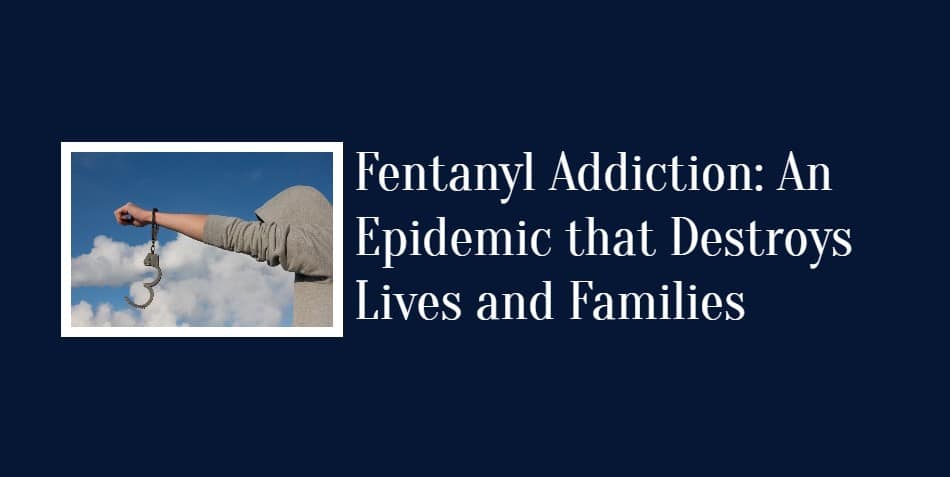In New Jersey, fentanyl addiction has become the number one cause of overdose deaths. The state ranks 8th in the country for deaths due to overdose in 2020 alone.
In Santa Clarita, the Chief Executive Officer of a drug rehab facility took a 4-year-old girl away from her parents. He said, “Your daughter deserves a mom and a dad, but right now, she’s got junkies.” The parents, who initially experimented with opiates, ended up homeless and separated from their daughter due to their fentanyl addiction.
In Toledo, Ohio, a 21-year-old male died after sorting a powdery substance he believed was heroin. The death, according to authorities, was due to fentanyl sold as heroin by a drug dealer.
These are just three locations where fentanyl addiction has become rampant. Fentanyl users can also be found in schools, workplaces, and homes.

An abused prescription drug
Doctors prescribe fentanyl, an opioid pain medicine, as a last resort to relieve severe pain. Cases where doctors prescribe fentanyl are for patients who recently underwent surgery or those in the advanced stages of cancer.
However, most current fentanyl-related overdoses are associated with illicitly produced fentanyl. These are sold on black markets for illicit drugs because of their heroin-like effects. In addition, due to its tremendous potency, it is frequently combined with other medications, making them more potent, addictive, and hazardous.
What are the signs of fentanyl addiction?
1. Changes in behavior
Even if they have only recently started misusing the medication, observable changes in behavior are a warning indicator of fentanyl usage. Again, this is a result of the drug’s potency.
Using fentanyl can cause mood changes, withdrawal from friends and relatives, and exhibiting unsafe or risky behavior.

2. Psychological changes
Fentanyl and other opioids can make it hard to focus or remember things. This means that a person may appear to be daydreaming or not paying attention when in conversation. Additionally, it can cause confusion, faulty judgment, paranoia, and hallucinations.
3. Physical change
One of the most prevalent physical symptoms of fentanyl and opioid use is sleepiness, or “nodding off.” A person may appear to drowse unexpectedly or doze off in the middle of a conversation. Additionally, fentanyl use can lead to difficulty breathing, constipation, reduced appetite, sunken eyes, etc.

What can you do to protect your loved ones against fentanyl addiction?
- Learn how to identify the signs of a fentanyl overdose. If you suspect a loved one manifests most of the symptoms mentioned above, gently ask him or her to do a fentanyl drug test.
- If the test turns positive, talk to your loved one seriously. Try to find out where they got the drug. Ask your loved one to stay away if it’s from a friend. If it’s from another family member, talk as a family.
- Always have an open line of communication. One reason teens do drugs is a lack of communication with their parents. Children, especially teens, need more guidance and assurance that they are understood and cared for.
- Offer a helping hand, not condemnation. Different people deal with difficult situations differently. Sometimes, a person suffering from chronic pain for a long time might have been prescribed fentanyl. Due to an increased tolerance to the drug, he might take more of it to ease the pain they are feeling. So do not condemn. Instead, offer help and understanding.
- Seek help. If the situation is too much for you or your loved one to handle, seek help. Do not delay. There are plenty of rehabilitation centers across the country. One of them might be able to save your loved one.
Fentanyl addiction can destroy lives and families, but there’s something you can do to stop it.
If you want to learn more about the effects of fentanyl and other addictive substances, visit the Ovus Medical Blog. We have a wealth of information you can benefit from.

